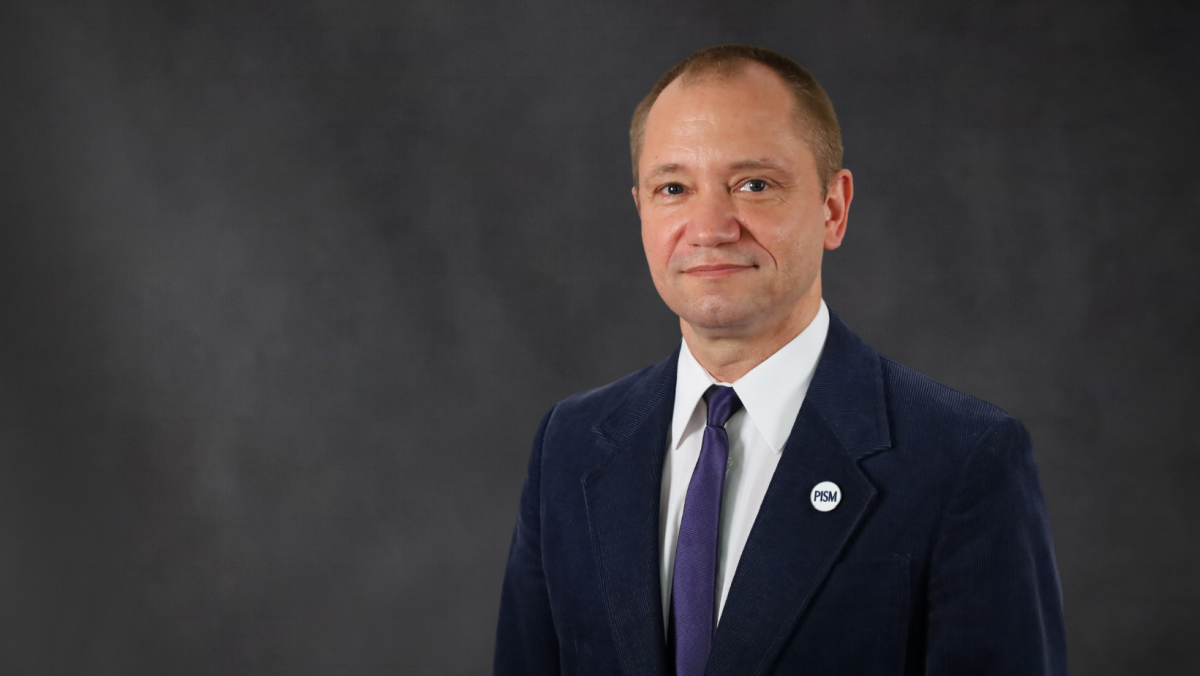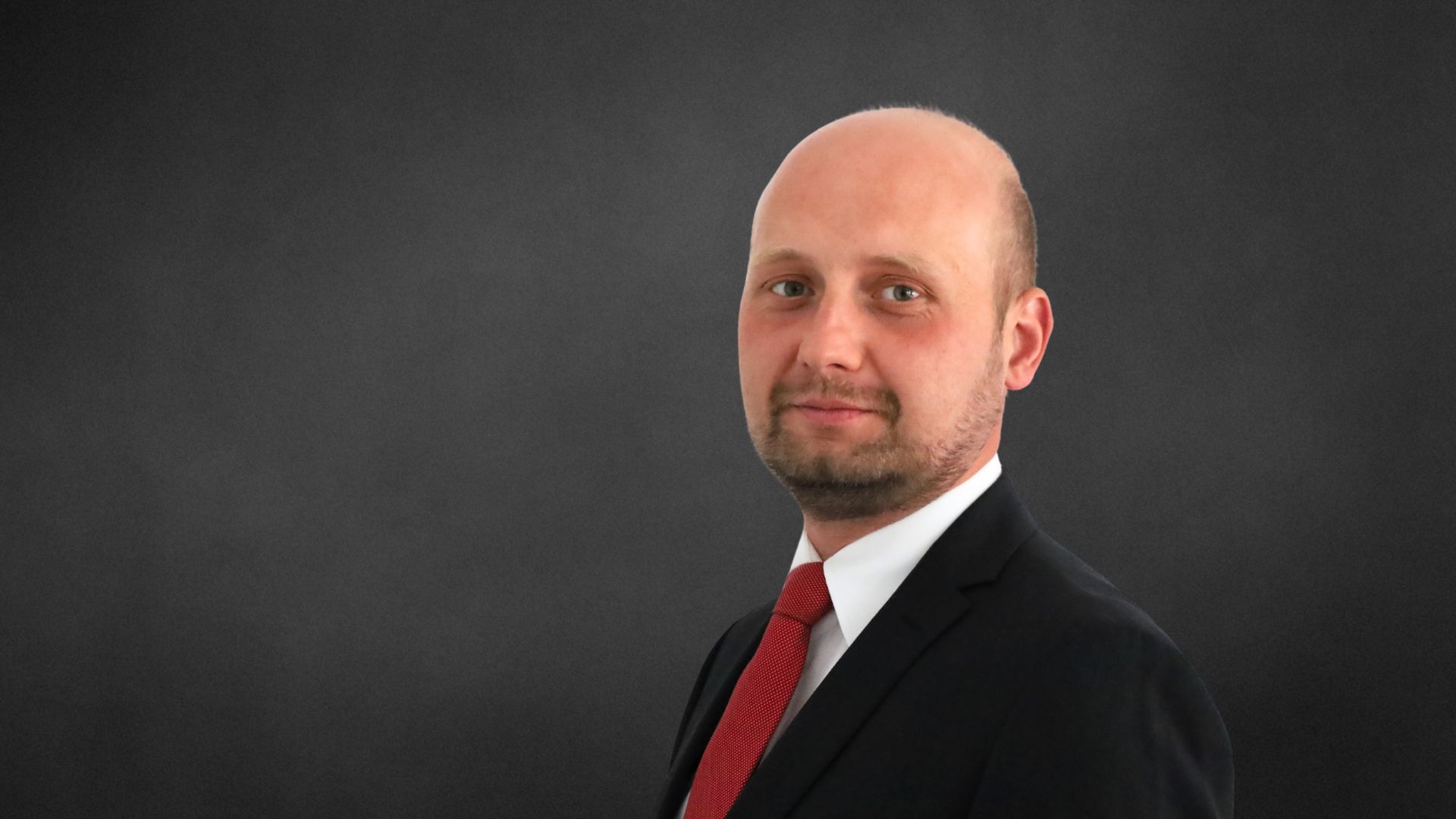Poland on the UN Security Council

On 1 January, Poland began its two-year term as a non-permanent member of the UNSC, the main body of the United Nations dealing with maintaining peace and security. The last time Poland held this role was in 1996–1997. Since then, the UNSC’s powers have remained the same, but for Poland, 20 years’ absence means the necessity to re-formulate goals and tasks. In the 1990s, the UNSC was dominated by issues tied to the Iraqi invasion of Kuwait, sanctions imposed on Libya, the situation within the Arab territories occupied by Israel, and the peace process in the former Yugoslavia.
Poland’s Objectives
The framework of the country’s goals while a UNSC member is generally defined by the assumptions in Poland’s foreign policy strategy for 2017–2021. In the context of the UNSC, they were articulated by Minister of Foreign Affairs Witold Waszczykowski in a speech during PISM’s 15th Foreign Policy Forum in November. Permanent Representative of the Republic of Poland to the United Nations Joanna Wronecka raised the upcoming UNSC membership in detail during a hearing before the Polish Sejm’s Foreign Affairs Committee. Accordingly, the primary objective is to ensure Poland’s external security. This means focusing on ensuring peace in its neighbourhood, i.e., monitoring the development of the situation in Ukraine. The second most important goal is to strengthen the position of the EU in the broader context of positions on issues that are global in nature, such as the situation in Libya and Syria, and problems of terrorism and uncontrolled migration. A further goal of establishing new trade and business contacts was also indicated. In geographic terms, Ukraine, Bosnia and Herzegovina, Kosovo, Iran, Iraq, Colombia, Gambia, and Burundi were indicated as particular countries of interest to Polish diplomacy during its UNSC membership. Poland also has identified four thematic areas in which it will act during its term. The first is respect of international law (with a specific emphasis on international humanitarian law); the second is conflict prevention and mediation; third, interfaith and cultural dialogue; and, fourth, reform of the United Nations, including the UNSC.
Major Global Problems
In an address to the 72nd UN General Assembly (UNGA) in September 2017, President Andrzej Duda declared Poland’s support for efforts to implement the Agenda 2030 programme for sustainable development, especially noting a need to increase efforts to combat climate change, and increase development and humanitarian aid. Of the latter, both types of assistance have been identified as key to addressing the issue of mass migration and refugees, together with the fight against terrorism in the Middle East and North Africa. The president stressed Poland’s attachment to the effectiveness of international law: the need to settle disputes by peaceful means, respect for sovereignty and territorial integrity, the inviolability of borders, and a prohibition on the use of force. In this context, he mentioned Georgia and Ukraine as examples of where these principles had been violated by third countries. In the case of North Korea, Duda pointed to the need for that country to comply with international law and relevant UNSC resolutions. He also emphasised the need to step up efforts to ensure respect for human rights on a global scale, including especially human dignity, personal freedom, and the freedom of conscience and religion.
Potential Fields of Cooperation
The speeches by other leaders of current UNSC member states during the UNGA highlighted as the main challenges issues of sustainable development, the North Korean nuclear programme, UN reform, and the fight against terrorism and climate change. Attention was also paid to the conflicts in Syria, Myanmar, and Israel-Palestine, as well as the proliferation of nuclear weapons, respect for basic principles of international law, and mass migration and refugees.
Among the possible fields of cooperation, issues related to sustainable development seem most promising. Poland’s calls for more effective coordination of humanitarian and development aid to the poorest countries should the gain support of especially Kuwait, and the other council members are not expected to raise serious objections. Poland could also consider involvement in initiatives aimed at providing better access to water and management of water resources, the importance of which was particularly prominent in statements by representatives of Bolivia, the Netherlands, Peru, and Sweden.
One can also expect opportunities for cooperation on measures to combat terrorism in Africa and the Middle East. Activity in this field ought to be expected particularly from Kuwait and Côte d’Ivoire, but also from the EU Member States, such as France and the UK. The EU members greatly emphasise the need to pursue initiatives to tackle terrorists’ use of the internet and social media. Involvement in these initiatives could help Poland achieve its other goals in the UNSC or in the EU.
The achievement of objectives related to the management of flows of refugees may be more difficult. Here, Poland could cooperate closely with Côte d'Ivoire, which has manifested similar position on refugee issues in the UNGA, emphasising the need for stronger support for transit countries and refugees’ countries of origin. Both have called for steps to make living conditions in those countries more attractive, arguing that this would solve the problem at the source, and called for increasing the fight against human smuggling. However, Poland must consider the positions of countries such as Bolivia or the UK, which place the main emphasis on the need to eliminate restrictions on refugee movement and migration.
Among the UNSC members Poland may join with to promote its agenda for respect for fundamental norms of international law are certainly Equatorial Guinea, Kuwait, and Peru. Representatives of these countries strongly underlined the importance of such rules, including the prohibition on the use of force, the obligation to settle disputes peacefully, and respect for state sovereignty and non-interference in the internal affairs of states. In this context, one needs to notice the scant number of references to the situation in Ukraine and Georgia in the speeches at the UNGA. Apart from the Polish president, only France, the UK, and the U.S. indicated the need to respect the sovereignty and territorial integrity of Ukraine. This was lacking in speeches by representatives from some other Western countries, including the Netherlands, Sweden, and Italy. The Russian aggression in Georgia was raised only by Poland. This suggests that Poland may find it necessary to persuade the other UNSC members to more prominently focus on the negative consequences for the international community of the serious violations of international law in both cases. But Russia’s involvement in these conflicts means, however, it is unlikely that a breakthrough will be made in these matters at the UNSC, where it has veto power.
Conclusions
In the context of recent events related to the status of Jerusalem, including the U.S. veto of a UNSC resolution and subsequent non-binding UNGA resolution, which was adopted, the Israeli-Palestinian conflict will probably be one of the first controversial issues Poland will have to face during its term on the UNSC. With the clearly pro-Israel stance of one of Poland’s major allies, the U.S., as well as good relations with Israel, it is advisable Poland show restraint in this matter and stress the necessity of respect of international law by all parties involved in the dispute and a return to negotiations. The North Korean nuclear programme will also be a major issue, especially since the U.S. now occupies a much less consensus-based position than the other UNSC members, at least in declarative terms. In light of negative past experiences, particularly those in the early 2000s, it does not seem advisable to put a lot of Polish diplomatic effort into stronger involvement in initiatives aimed at reform of the UN. However, Poland should cooperate with the other UNSC members on matters that do not require changes to the UN Charter, such as improvements in peacekeeping operations or increasing the efficiency and transparency of various UN agencies and bodies.






